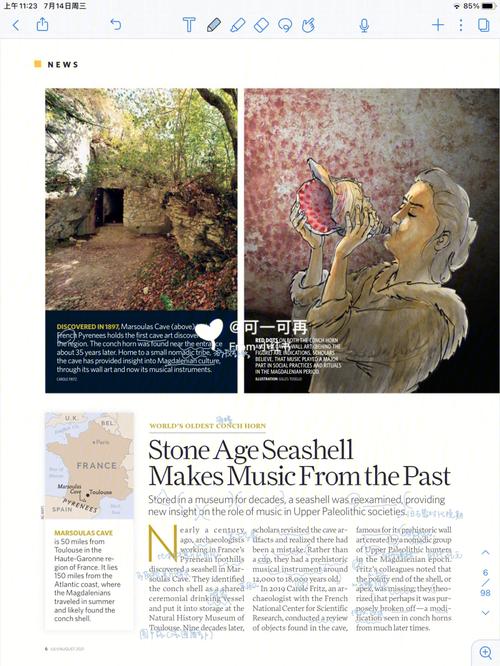Discovering Adjarabet: A Cultural Treasure in the Caucasus

Adjarabet, a term that evokes images of a vibrant culture and a rich linguistic heritage, is a region in the Caucasus that has been relatively lesser-known to the outside world. Nestled between the Black Sea and the Greater Caucasus Mountains, Adjarabet is a place where tradition and modernity coexist in a unique harmony. Let’s delve into the various facets of Adjarabet, exploring its history, culture, language, and more.
History and Geography

Adjarabet is part of the Adjara region, which is an autonomous republic within Georgia. The region has a long and storied history, with evidence of human settlement dating back to the Stone Age. Over the centuries, it has been influenced by various cultures, including the Greeks, Romans, Byzantines, Arabs, and Ottomans. This rich tapestry of history is evident in the region’s architecture, cuisine, and traditions.
| Historical Influences | Time Period | Main Influence |
|---|---|---|
| Greek | 4th century BC | Establishment of the Colchis Kingdom |
| Roman | 1st century BC | Construction of the Black Sea ports |
| Byzantine | 4th-15th century | Religious and cultural influence |
| Arab | 8th-10th century | Islamic influence |
| Ottoman | 16th-19th century | Political and administrative control |
Culture and Traditions

The culture of Adjarabet is a blend of Caucasian, Georgian, and Middle Eastern influences. The people of Adjarabet are known for their hospitality, warmth, and love for music and dance. Traditional Adjarabeti attire is colorful and elaborate, reflecting the region’s rich cultural heritage. Festivals and celebrations, such as the \”Bakarutsa\” (sheep-shearing festival) and the \”Kvirketa\” (wine-making festival), are an integral part of the local culture.
Language and Literature
The language of Adjarabet is known as Adjara, which belongs to the Kartvelian language family. Adjara is spoken by the Adjarians, who are a distinct ethnic group with their own unique customs and traditions. The literature of Adjarabet is rich in poetry, prose, and folklore. One of the most famous poets from the region is Akaki Tsereteli, whose works have been translated into many languages.
Food and Cuisine
Adjarabeti cuisine is a delightful fusion of flavors, with a focus on fresh, locally-sourced ingredients. Some of the most popular dishes include khachapuri (a cheese-filled bread), khinkali (stuffed dumplings), and khachapuri (a cheese-filled bread). The region is also famous for its wines, which are produced using traditional methods and are highly regarded for their quality.
Modern Adjarabet
While Adjarabet retains its traditional charm and cultural identity, it has also embraced modernity. The region has seen significant development in recent years, with new infrastructure, businesses, and educational institutions. This has helped to preserve the region’s unique character while also providing its residents with better opportunities for the future.
Visiting Adjarabet
Adjarabet is a destination that offers a unique blend of history, culture, and natural beauty. Visitors can explore the region’s ancient ruins, enjoy the local cuisine, and participate in traditional festivals. The region’s stunning landscapes, from the rugged mountains to the picturesque coastlines, make it a perfect destination for nature lovers and adventure seekers alike.
Conclusion
Adjarabet is a place that holds a special place in the hearts of its people and those who
